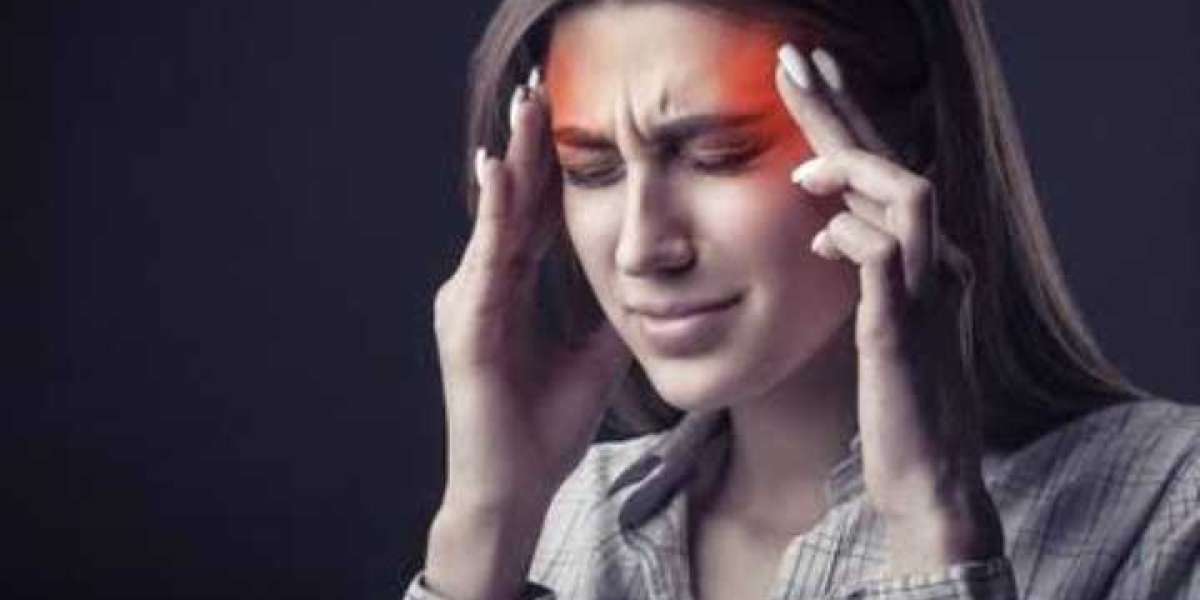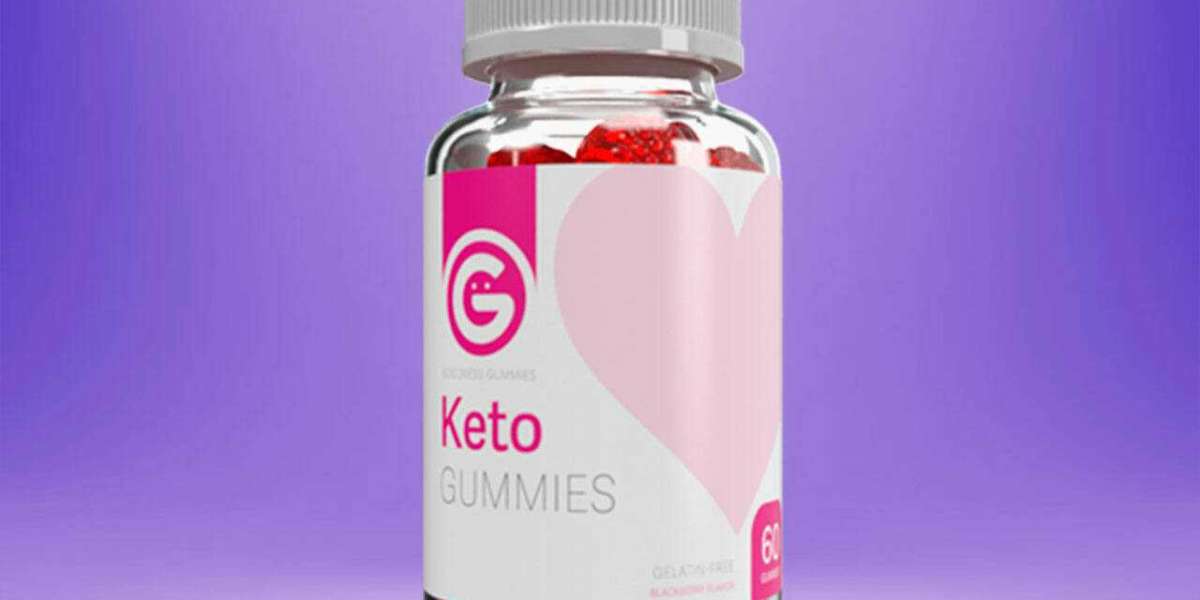Risk factors
Migraine can be easily developed by anyone, below are listed group of persons that possesses higher risk:
These people includes,
1. People suffering from Depression
2. People with bipolar disorder
3. Fibromyalgia
4. Irritable bowel syndrome
5. Overactive bladder
6. Sleep disorders
7. Obsession, etc
Treatment for Migraine
Do note that no cure exist for migraine, However, medications or prescriptions from medical doctors can help treat or manage the symptoms as they arise, But also note that these medications can have side effects on the human body.
Medications for Migraines
Pain relievers and some other types of medication can often help manage the situation. Taking of these medication immediately the symptoms occur may help keep them from becoming severe.
Some pain reliever or medications that can help reduce the effect of migraine include:
1. Aaproxen (Aleve)
2. Acetaminophen (Tylenol)
3. Ibuprofen (Advil)
4. Triptans, like sumatriptan (Imitrex), helps to help reverse the brain changes that occur during an episode
5. Antiemetics to manage any nausea and vomiting
gepants to block a protein involved in inflammation and pain, called calcitonin gene-related peptide (CGRP) etc
It is of importance not to overusing medication because it can result to a rebound headache. Always visit a healthcare or medical professional to help you decide how much of each medication is safe, best and effective.
*Home and natural remedies*
Some home care strategies that can help relieve migraine symptoms they include:
1. The use of flexible cold packs or masks
2. Avoid noisy environments, stay in a dark room and sleep as required.
3. Avoid long distance walks or jog.
4. Avoid too much stair to screens and too bright lights or use a recommended, dark shade if necessary.
5. Avoid racking up your brains for too long.
*Supplements that can help manage migraine*
However, there is limited evidence that they work, and not much is known about their side effects:
herbal extracts, such as feverfew
magnesium
coenzyme 10
butterbur
riboflavin
Other nondrug approaches may include acupunctureTrusted Source and neck exercises or physical therapy.




